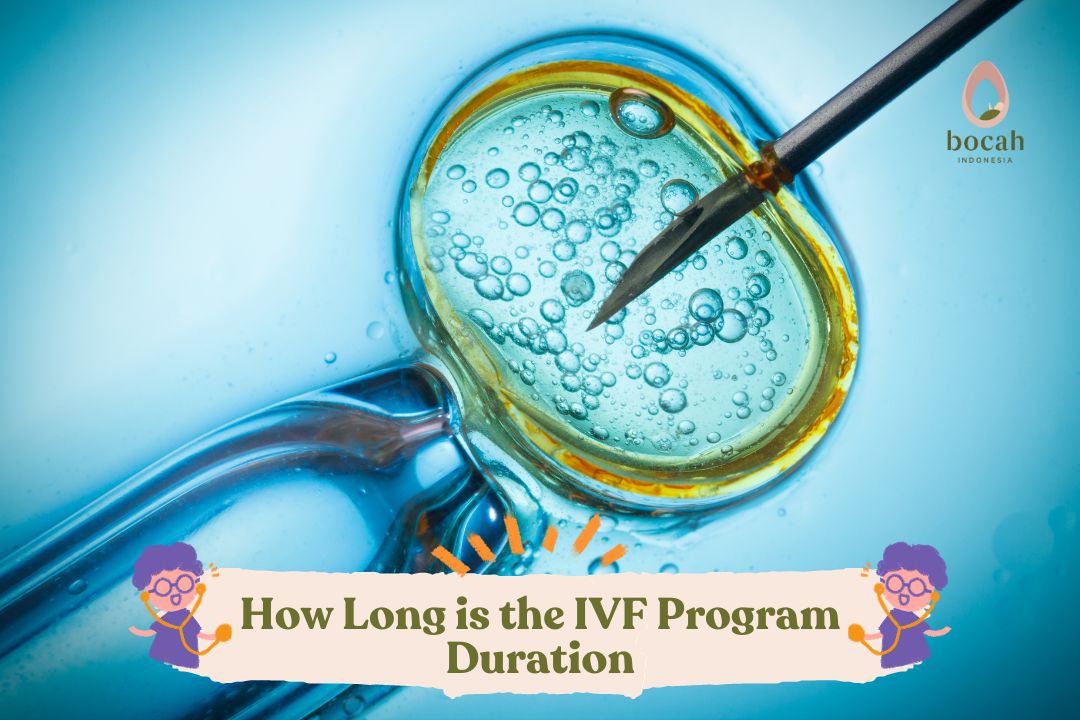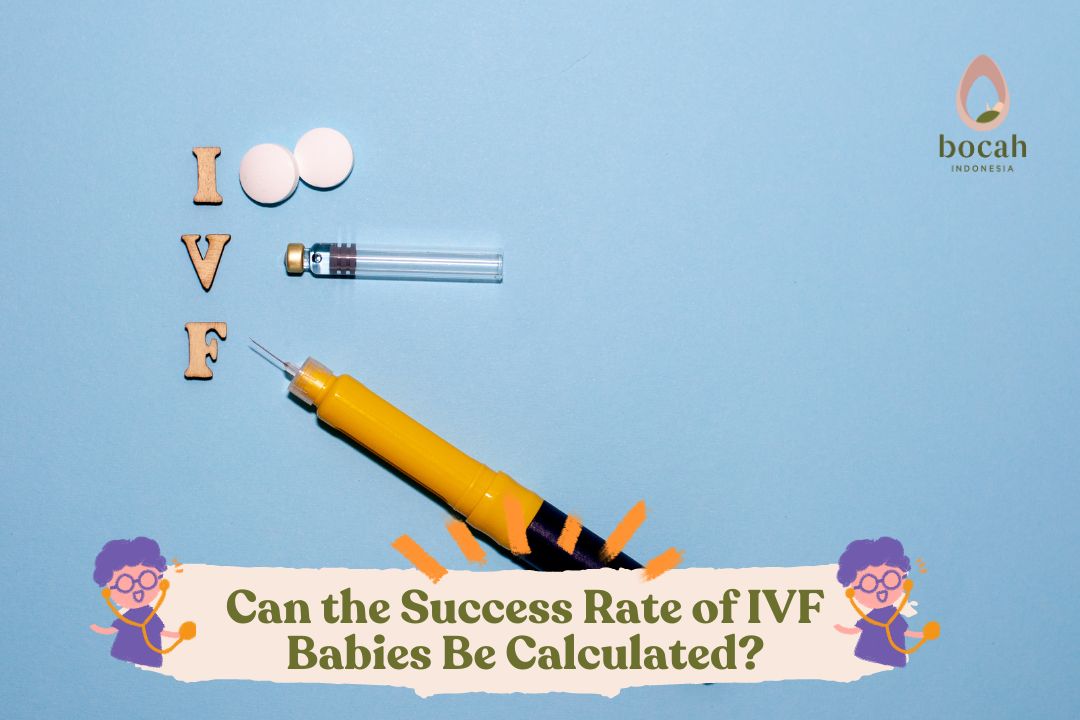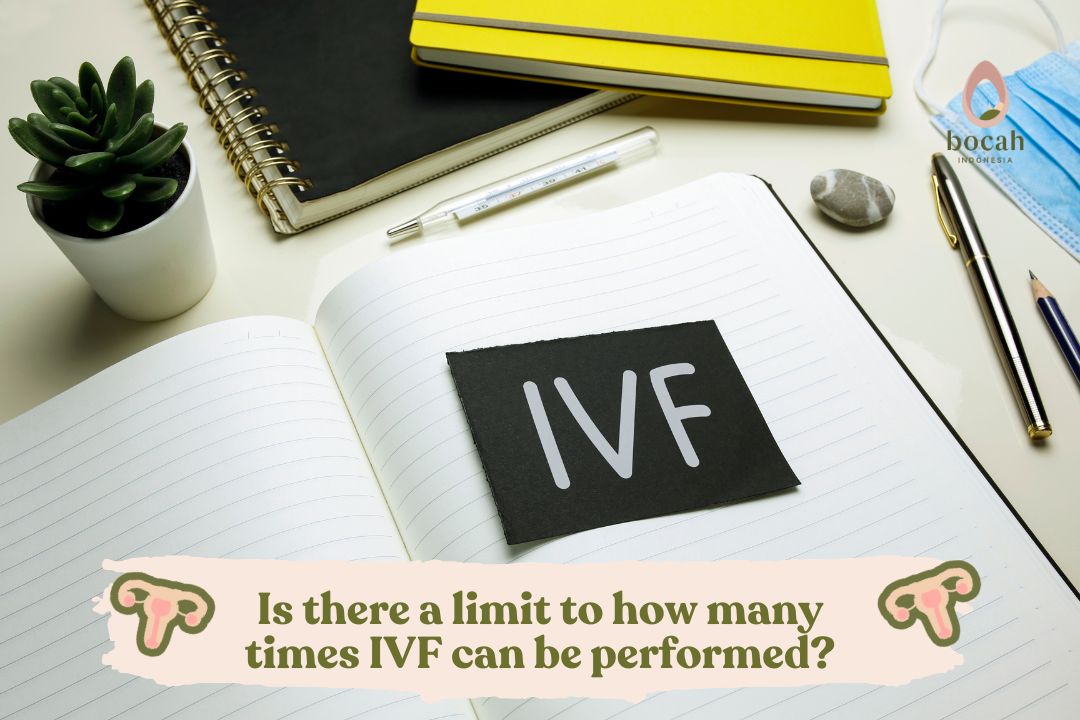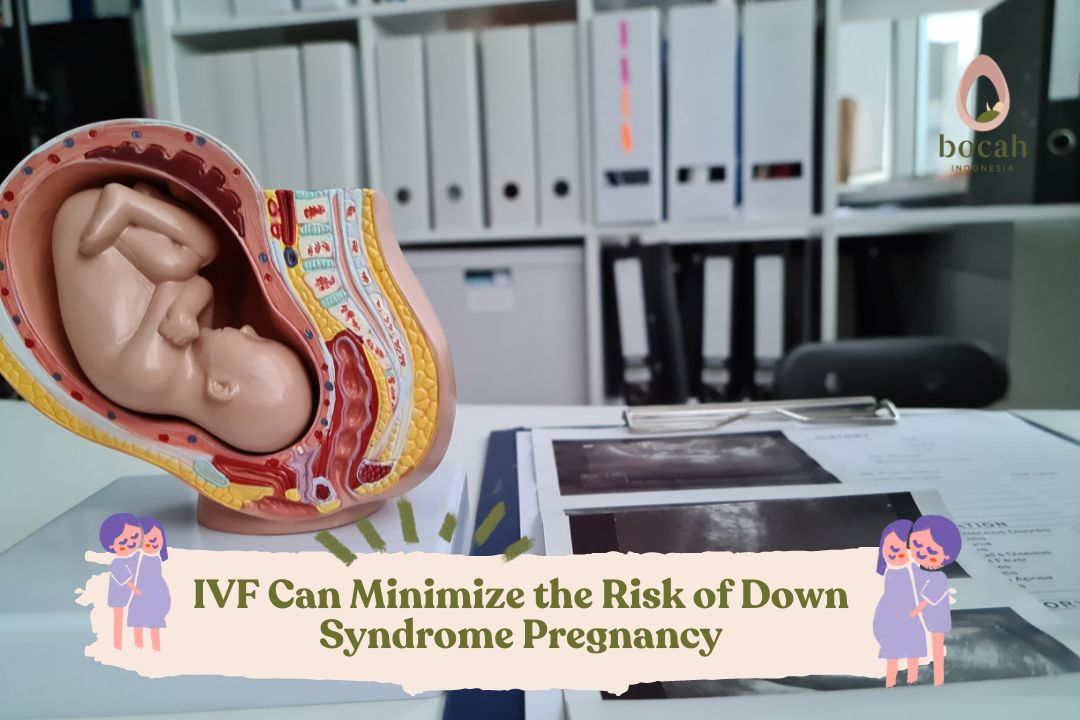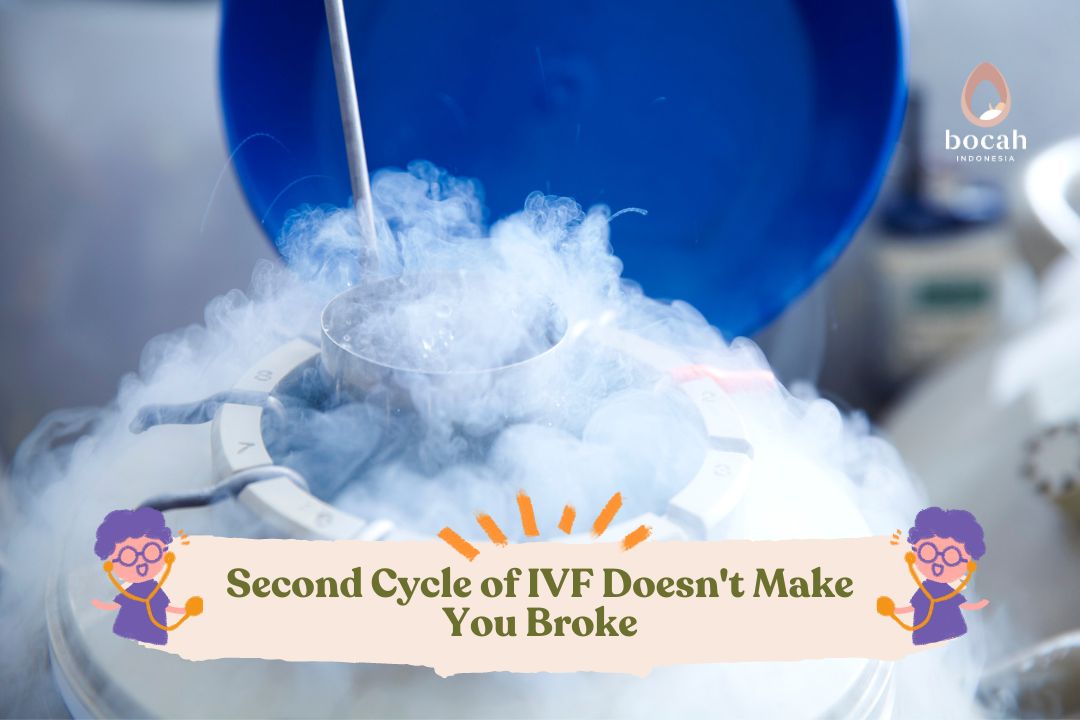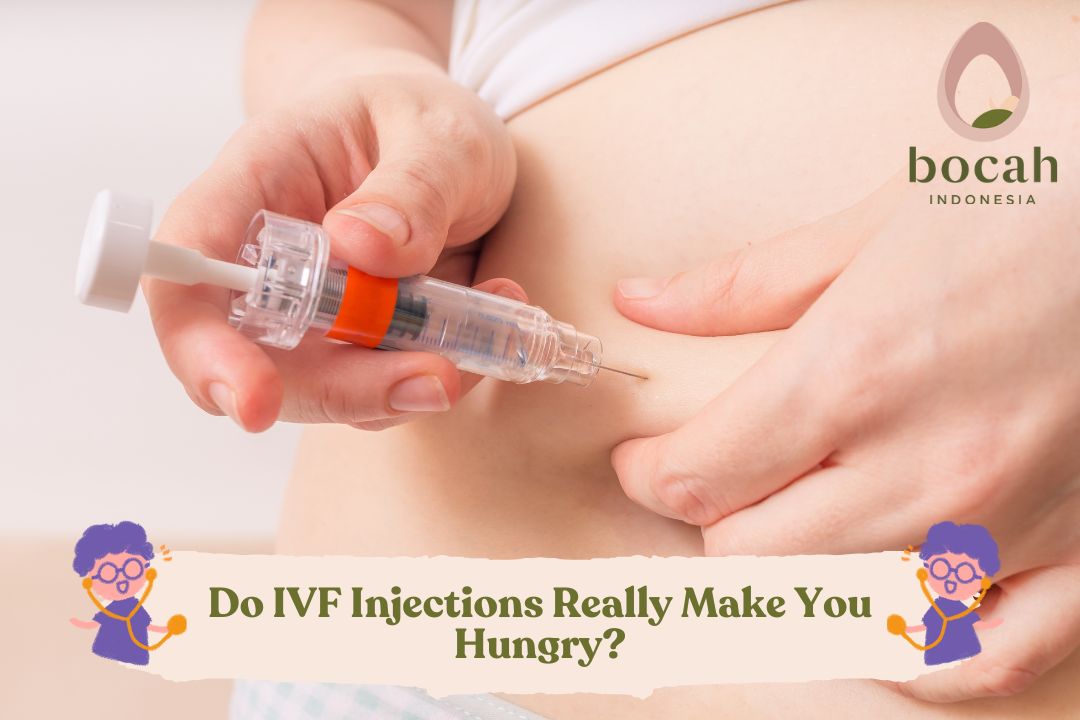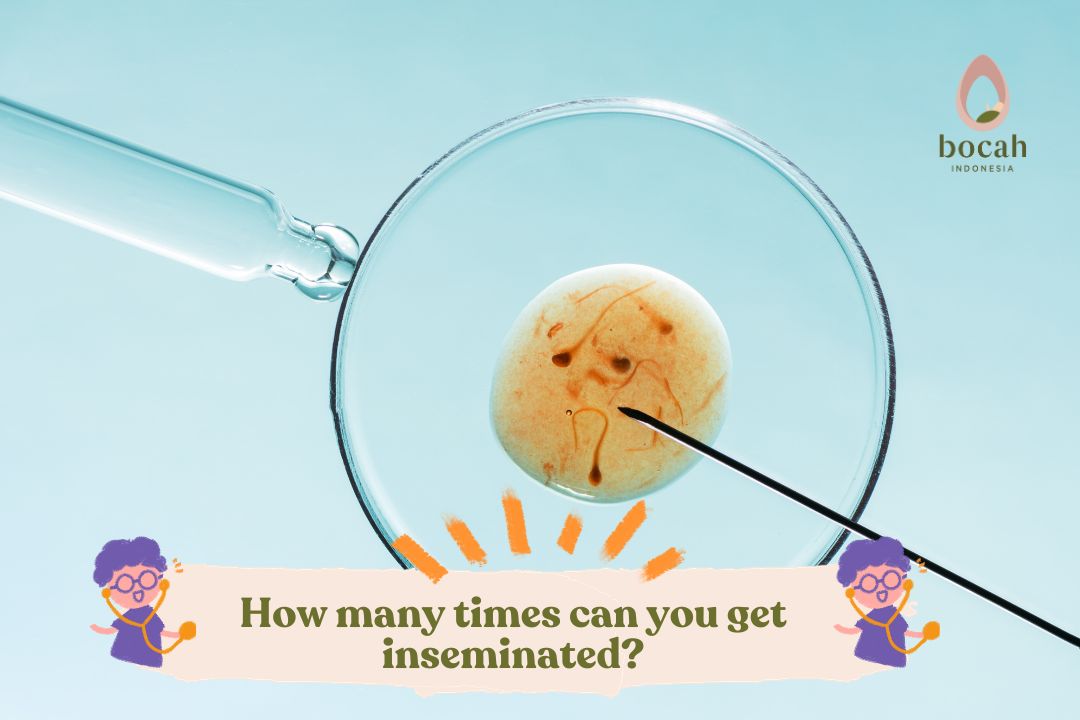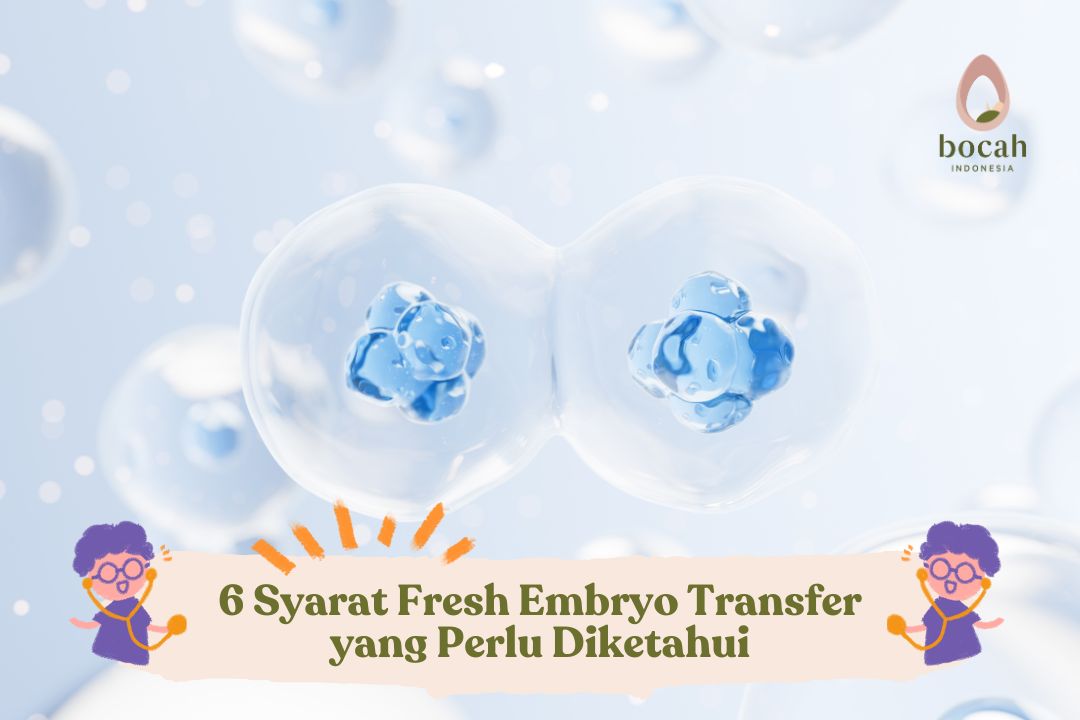Can You Still Have IVF at 40?
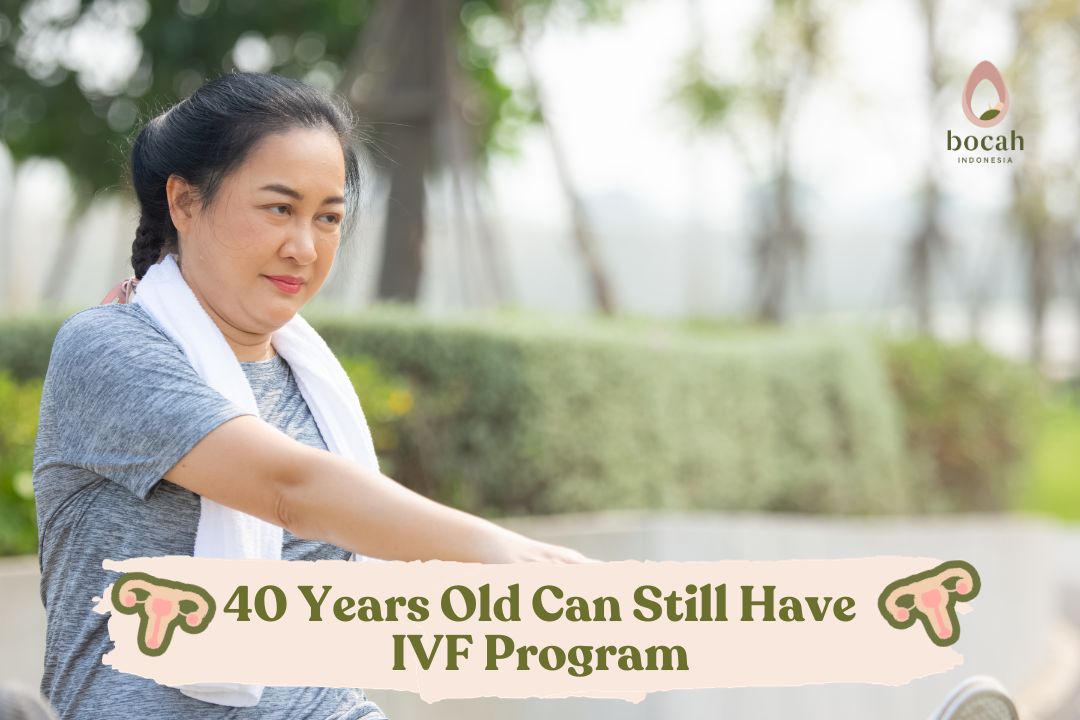
Doing IVF at the age of 40, what are the chances of success?
IVF (in vitro fertilization) is one of the options for couples who have fertility problems. IVF is an assisted reproductive technology with a fairly complex procedure.
When parents have fertility problems and want to undergo IVF, they will go through several processes. Starting from checking fertility conditions, injecting egg-stimulating drugs, monitoring egg size, injecting anti-rupture drugs, egg retrieval, fertilization, monitoring embryo development, embryo implantation, and waiting for the results.
The success rate of IVF is influenced by several factors, such as age, the mother’s uterine condition, lifestyle, and the father’s condition. But can you still have IVF at the age of 40?
Facts About IVF at 40
Basically, there is no age limit for mothers who want to undergo IVF. However, the success of IVF is also influenced by age. As known, a woman’s fertility decreases with age because the number of her eggs continues to decline.
Tanya Mincah tentang Promil?
According to Dr. William T. Wahono, Sp.OG, an obstetrician and gynecologist specialist in Indonesia, IVF is performed in cases of infertility that are quite difficult, such as non-patent fallopian tubes.
“IVF is actually performed for cases that are difficult, because its success rate is quite high. We control all the processes, from taking the eggs and so on. Of course, each case has its indications, such as non-patent fallopian tubes even though the eggs are good,” said Dr. William.
According to Dr. Beeleonie, B.MedSc, Sp.OG., Subsp. FER, a consultant fertility obstetrician and gynecologist in Indonesia, women who are 40 years old still have the opportunity to get pregnant, although it may not happen quickly.
“If you ask if it will happen quickly, the answer is no. Because the success rate of pregnancy depends on age. However, it is still possible to get pregnant. It just may not happen quickly,” said Dr. Beeleonie.
The younger the mother’s age, the higher the chances of success. Women in their 20s and early 30s have a high chance of success with the IVF procedure.
In other words, even though assisted reproductive technology procedures are used, age is still one of the main determining factors for success.
Reasons for Doing IVF
Not all couples need to undergo IVF. The reason for doing this type of pregnancy program is if the father and mother have indications that make it difficult to have children naturally.
According to Dr. Beeleonie, some indications include both of the mother’s fallopian tubes being blocked or having undergone sterilization. In addition, having a low number of eggs is also a reason for undergoing IVF (in vitro fertilization).
“IVF will be done when there are specific indications, such as the absence of fallopian tubes, for example, in cases where both fallopian tubes are blocked or have undergone sterilization. In addition, for conditions where the number of eggs is very low, so the quality is also very low,” said Dr. Bee.
She also added that IVF will be done in cases where the father has very few sperm or even no sperm at all.
“Then we will also choose IVF in conditions where the father’s sperm count is very low or even has no sperm, or what is calledazoospermia. This also applies to fathers who have undergone sterilization orvasectomy,” she added.
Now, you know that IVF can be done even if you are over 40. However, once again, the chances of success are also determined by your age.
Let’s go to the nearest fertility clinic to check your fertility and find the right pregnancy program solution.
Source:
- Pokulniewicz, M., et al. (2015). In vitro fertilization and age. When old is too old? Prz Menopauzalny. 2015 Mar; 14(1): 71–73. https://www.ncbi.nlm.nih.gov/pmc/articles/PMC4440201/
- Choe, J., et al. In Vitro Fertilization. Treasure Island (FL): StatPearls Publishing; 2023 Jan. https://www.ncbi.nlm.nih.gov/books/NBK562266/
- Ameratunga, D., et al. (2009). In vitro fertilisation (IVF) with donor eggs in post-menopausal women: are there differences in pregnancy outcomes in women with premature ovarian failure (POF) compared with women with physiological age-related menopause? J Assist Reprod Genet. 2009 Oct; 26(9-10): 511–514. https://www.ncbi.nlm.nih.gov/pmc/articles/PMC2788687/


